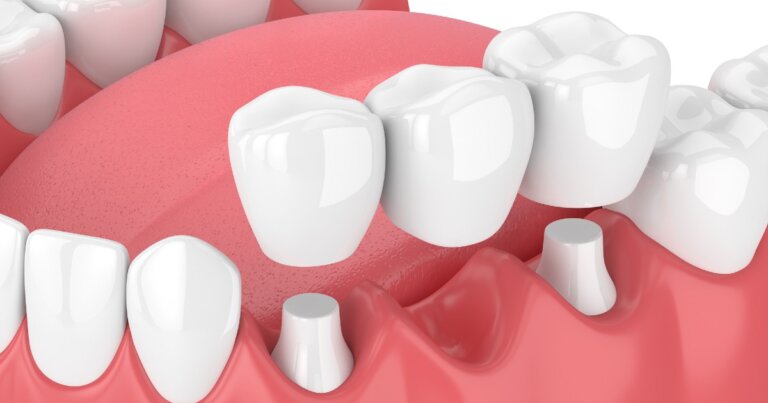Dental Bridge Pre-Operative Instructions

What You Should Do Before Your Dental Bridge Appointment
Getting a Dental Bridge is an important step to restore your smile and functionality by replacing missing teeth. To ensure a successful procedure, here are essential pre-visit instructions to follow:
Food and Eating
On the day of your dental bridge procedure, you can eat as you normally would unless you’re scheduled to take sedation medication (see the section on sedation below). Having a meal beforehand helps keep your energy levels stable during your appointment.
Medications
Take any medications you normally use unless directed otherwise by your doctor or dentist. Be sure to inform your dentist if you’ve had any recent changes in your medication or health status to avoid complications.
Pain Management
If you’re concerned about potential discomfort during the procedure, consider preparing with over-the-counter pain medications like ibuprofen (Advil) or acetaminophen (Tylenol). Your dentist can advise you on the correct dosage. A common recommendation is 1000mg acetaminophen combined with 600mg ibuprofen every 4-6 hours if you are otherwise healthy.
If you tend to experience tooth sensitivity after dental work, you can start using a desensitizing toothpaste like Sensodyne Rapid Relief a few days before your appointment to help minimize any discomfort.
Sedation Instructions
If you’re scheduled to receive oral sedation during your dental bridge appointment, follow the specific pre-operative instructions given to you by your dentist or consult the detailed sedation dentistry guidelines.
Entertainment During Your Visit
You may bring headphones to listen to music or a podcast during the procedure to make yourself more comfortable. Many patients find that listening to something familiar helps them relax.
Oral Hygiene
Maintaining excellent oral hygiene before your dental bridge procedure is critical. Here’s what you should do:
- Brush Twice a Day: Ideally, you should brush after each meal, but at a minimum, brush twice daily—once in the morning and once before bed. Using a soft-bristled toothbrush, like the Curaprox CS5460 Ultra Soft, is ideal to gently clean your teeth and gums. Alternatively, choose an electric toothbrush like the Philips Sonicare Protectiveclean 6100.
- Floss Daily: Make sure to floss thoroughly every day to remove plaque and food particles from around your teeth and gums. Consider using Oral-B Super Floss, which is specifically designed for cleaning around dental bridges and other hard-to-reach areas.
- Water Flossing: For additional cleaning, we recommend using a water flosser, such as the Waterpik Aquarius Water Flosser, which helps flush out debris that floss or a toothbrush might miss.
- Antibacterial Mouthwash: Rinse with an anticavity, antibacterial mouthwash, such as Crest Pro-Health Densify Anticavity Fluoride Mouth Rinse, to reduce the risk of cavities and keep your mouth feeling fresh.
- High Fluoride Toothpaste: Use a high-fluoride toothpaste like Colgate PreviDent 5000 ppm Booster Plus to strengthen your teeth and minimize the risk of developing cavities around your new dental bridge.
Clothing Tips
Comfort is key on the day of your procedure. Wear loose, comfortable clothing with an open collar. Avoid wearing white or light-colored tops, as they can easily show stains from any dental materials used during the appointment. Minimal makeup is advised, and it’s best to avoid high heels, as well as colored or gel nail polish. Be sure to remove any contact lenses and all jewelry, particularly if you have any piercings in your tongue, lips, or nose.
Post-Operative Instructions
Before your appointment, review the post-operative instructions for your dental bridge. Understanding what to do after the procedure will help ensure a smooth and successful recovery.
Have Questions?
If you have any concerns or additional questions, don’t hesitate to contact us ahead of time. A well-prepared visit makes for a stress-free experience, so ensure you’re informed and comfortable before arriving.

